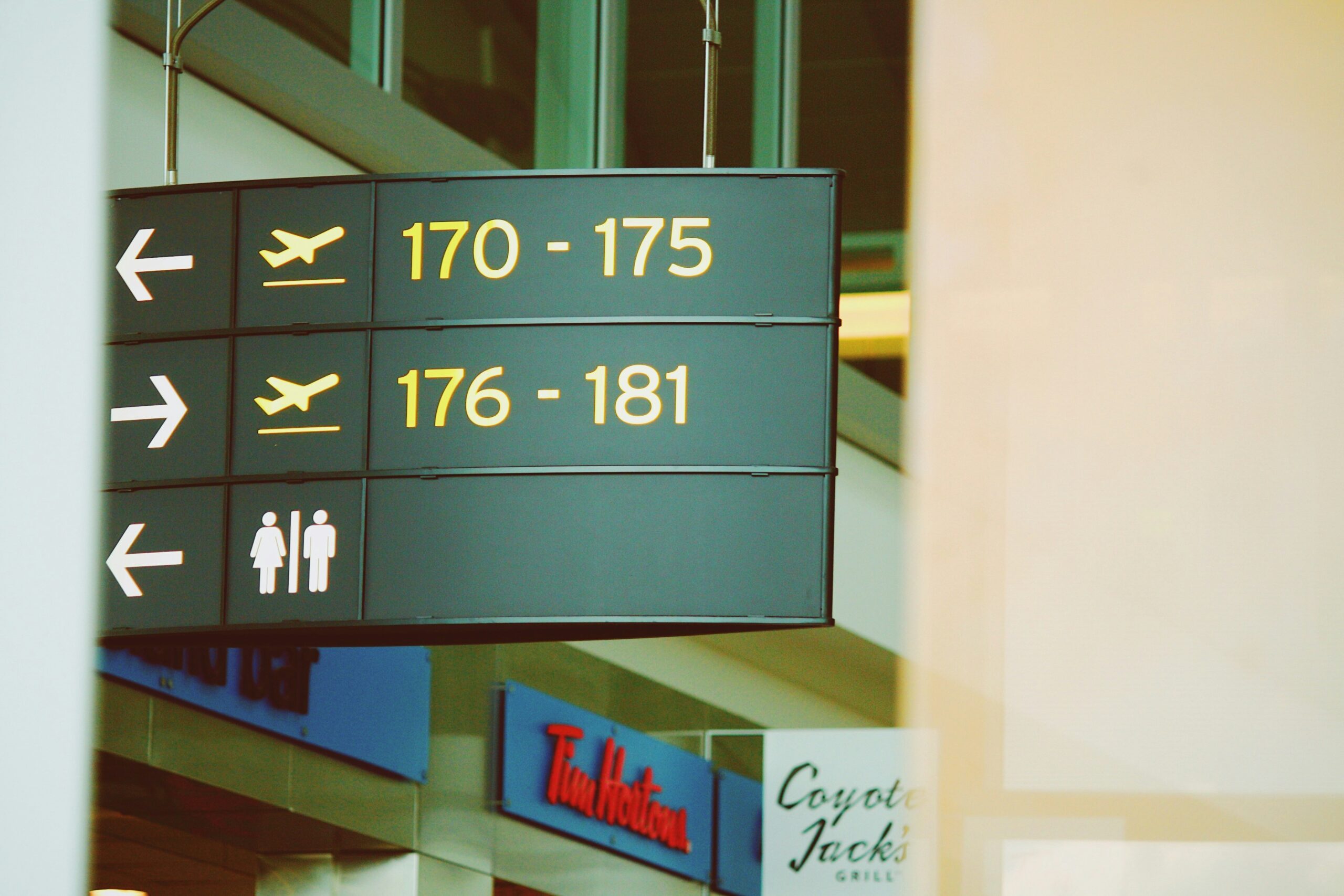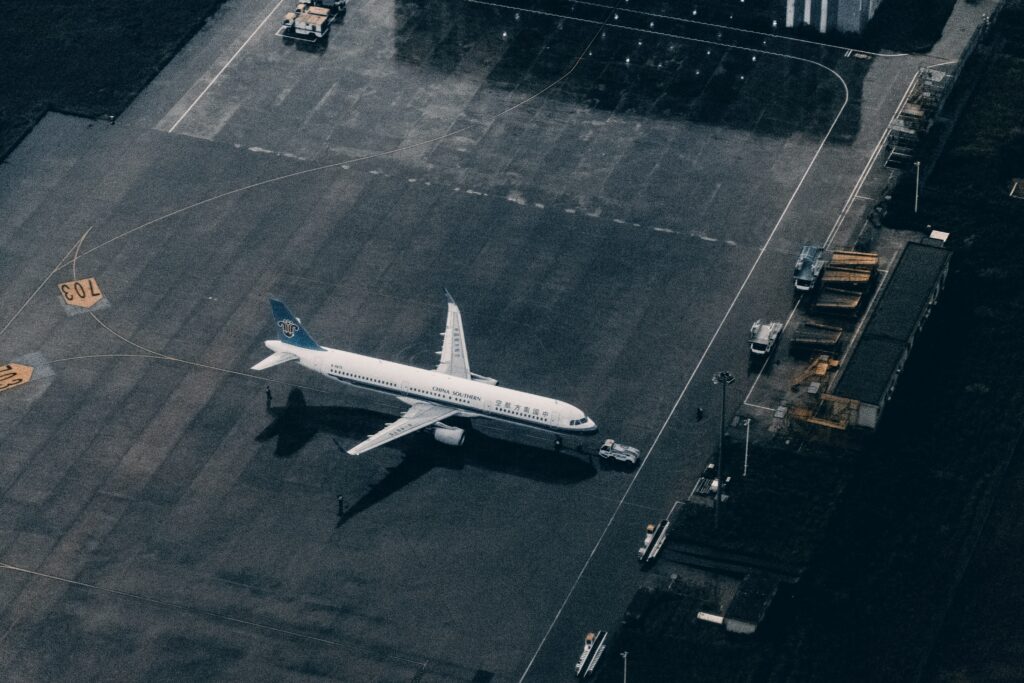Ever landed at your dream destination only to realize your luggage decided to take a detour? Yeah, us too. And no—this isn’t just a traveler’s rite of passage anymore.
Welcome to the intersection of technology and travel safety: GPS tracking integration in baggage delay insurance. In this guide, we’ll uncover how this innovation is revolutionizing peace-of-mind for travelers like you. From what it is to why it matters—and even how to pick the right plan—you’ll walk away armed with actionable insights. Ready to dive in?
Table of Contents
- Key Takeaways
- The Problem With Baggage Delay
- What Is GPS Tracking Integration?
- How to Choose the Right Plan
- Tips for Maximizing Your Insurance
- Real-World Examples That Worked
- FAQs About Baggage Delay Insurance
- Conclusion
Key Takeaways
- Baggage delays are more common than you think, affecting over 30 million travelers globally each year.
- GPS tracking integration allows insurers and passengers to monitor luggage in real-time, reducing stress and uncertainty.
- Choosing the right baggage delay insurance depends on coverage specifics, policy limits, and added tech benefits like GPS.
- Tips include understanding terms, keeping documentation handy, and leveraging mobile apps provided by insurers.
- Real-world success stories show how GPS-enabled policies have saved both time and money for stranded travelers.
The Problem With Baggage Delay
Confession time: I once arrived in Paris only to find my suitcase had ended up in Prague. Three days later, still sans toiletries or clean underwear, I felt less “La Vie en Rose” and more “La Survival Mode.” Sound familiar?
According to SITA’s annual baggage report, airlines mishandled 6 out of every 1,000 bags globally last year. Multiply that by millions of flights, and you’ve got an epidemic-level problem.
Without proper support, delayed baggage turns into a logistical nightmare. Lost essentials, missed connections, unplanned expenses—it piles up quicker than airport security lines during holiday season.

What Is GPS Tracking Integration?
Now here’s where things get interesting. Imagine being able to track your checked bag just like you’d track your Uber ride. Thanks to GPS tracking integration, this futuristic idea is now possible.
In layman’s terms, certain travel insurance providers partner with logistics companies to embed trackers or offer accompanying devices. These gadgets sync with apps, allowing you to check your luggage’s location in real-time. No more waiting helplessly at lost-and-found counters!
Optimist You: “Finally, some control over chaos!”
Grumpy Me: “Cool, but what if the battery dies mid-flight?”
To address this concern, many systems use long-lasting batteries or passive RFID tags. But let’s not skip ahead—first, you need to know how to choose the right plan.
How to Choose the Right Plan
Picking the perfect policy involves three steps:
- Evaluate Coverage Limits: Ensure the reimbursement cap matches potential costs (e.g., toiletries, clothes, emergency gear).
- Check Tech Features: Does the insurer provide a GPS-enabled device/app? If not, consider alternatives.
- Read Reviews & Fine Print: Look for user testimonials about claims resolution speed and transparency.
Avoid the rookie mistake of choosing based solely on price. A $50 policy without GPS tracking might save cash upfront—but trust me, spending hours hunting down your bag isn’t worth it.
Tips for Maximizing Your Insurance
If you’re already investing in baggage delay insurance with GPS features, make sure you squeeze every drop of value. Here’s how:
- Keep Digital Copies of Documentation: Snap photos of receipts for claim submissions.
- Enable Push Notifications: Stay updated as soon as your luggage moves.
- Contact Customer Support Proactively: Many issues can be resolved faster via direct assistance.
Pro-tip? Use packing cubes! They organize belongings neatly, making re-packing easier after delays.

Real-World Examples That Worked
Tired of theory? Let’s talk results. Sarah, a frequent flyer from Chicago, shared her story:
“I purchased a premium baggage delay policy before flying to Tokyo. When my bag went missing, the GPS tracker confirmed it was stuck in customs—not lost forever. The insurer covered my expenses within 48 hours!”
Stories like Sarah’s validate the importance of tech-enabled solutions. Without GPS tracking, she would’ve faced weeks of back-and-forth emails and frustration.
FAQs About Baggage Delay Insurance
- Do all plans include GPS tracking? No, only select providers currently integrate this feature. Always verify details before purchasing.
- Can I add GPS devices retroactively? Some insurers allow additional purchases; however, most require pre-trip sign-ups.
- Is GPS tracking foolproof? While highly reliable, technical glitches may occur. Backup measures like physical tags remain crucial.
Conclusion
Nobody likes surprise detours—especially when they involve misplaced luggage. By integrating GPS tracking into baggage delay insurance, travelers gain unparalleled visibility and control. It’s a game-changer for modern globetrotters seeking convenience alongside protection.
Remember: Investing in the right plan means aligning features with needs. Whether you prefer full-service apps or standalone trackers, prioritize tools that empower YOU.
Like a Tamagotchi, your peace-of-mind needs regular care—but with GPS tracking, it’s never been easier.

